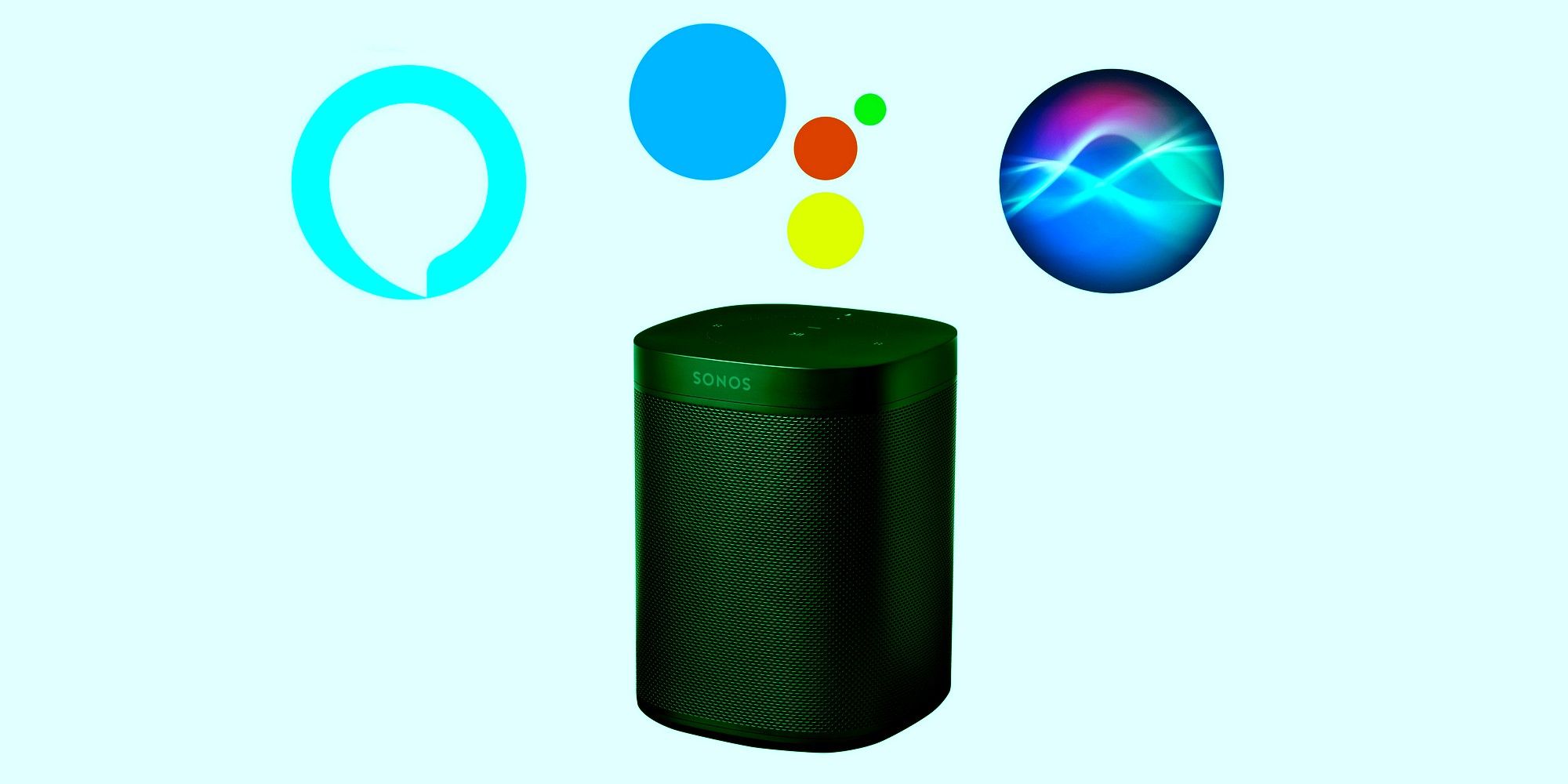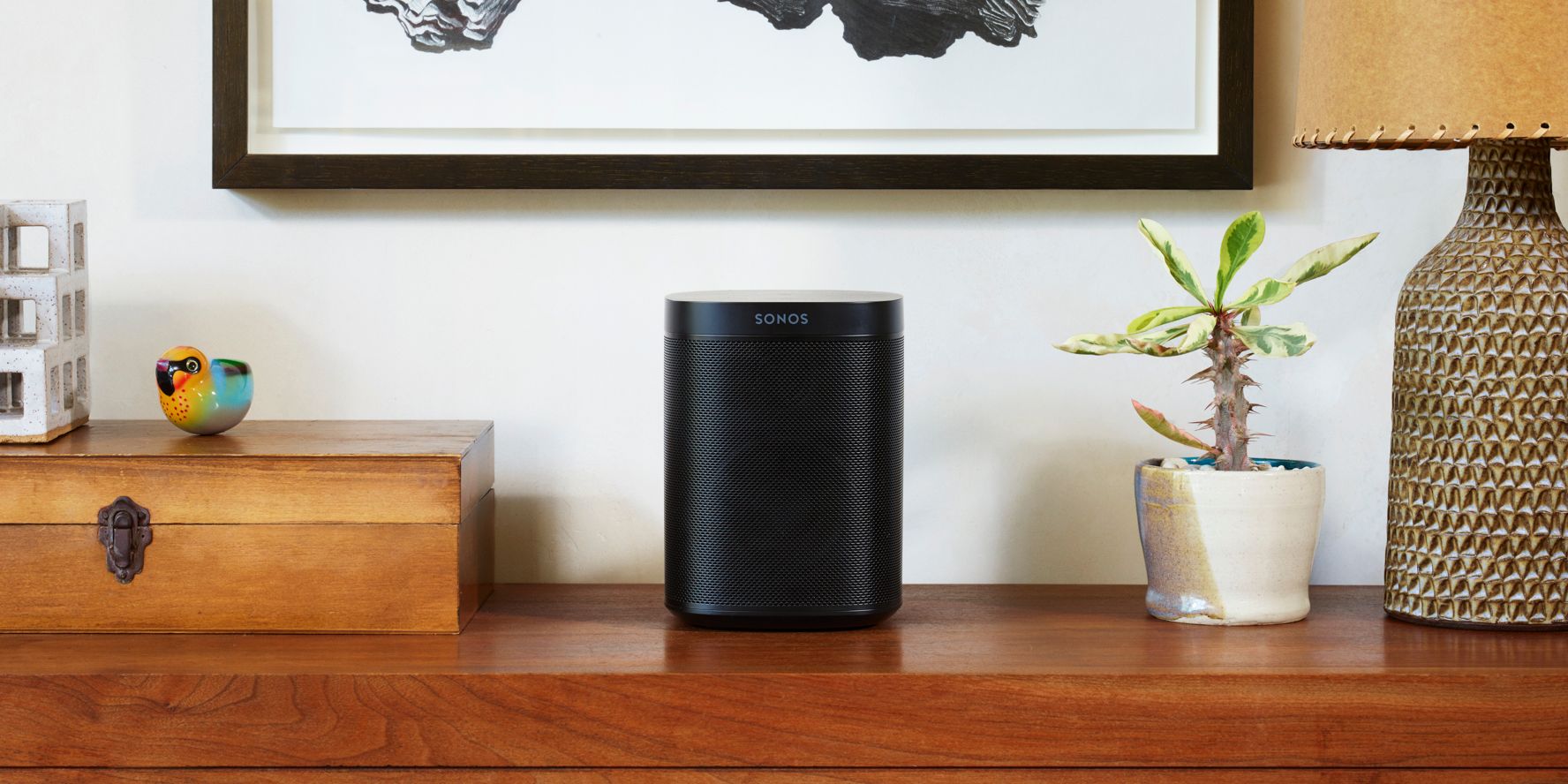Google reportedly prevented Sonos from launching a smart speaker that used Concurrency technology to offer two always-on virtual assistants on the same device, which means both Google Assistant and Alexa will be active simultaneously. Just to avoid confusion here, Google Assistant and Alexa can — and do — exist on the same device. However, users can only use one voice assistant at a time and have to keep the other one disabled. Companion apps allow users to quickly switch between the two assistants, but there’s still friction between harnessing the power of both assistants without having to go through the switching hassle.
Users can’t simply utter the Google Assistant hotword in one sentence and then summon Alexa in the next to get their tasks done without the cumbersome switching process. One can argue that cramming two always-on AI assistants on the same device might be problematic in its own way, as users might forget which assistant they assigned a particular task to. Another technical hassle is syncing time-sensitive, service-locked tasks like adding a calendar entry on a unified software directory that is shared by both Google Assistant and Alexa. However, the pros far outweigh the cons, and especially as each assistant has its set of strengths and utilities.
Many would probably benefit from a smart speaker where Google Assistant’s search and ecosystem chops could be married with Alexa’s extensive smart device support portfolio and the seamless Amazon shopping experience. However, it appears that Google wasn’t too pleased with Sonos’ vision of creating that type of 'smarter speaker.’ As per The Washington Post, Sonos' Concurrency technology would have let Alexa and Google Assistant co-exist on the same device and remain simultaneously active. According to the report, Sonos allegedly started showcasing the tech to other companies back in 2018, but Google didn’t allow Sonos to release the product. Google even declined a proposal for a demonstration of the tech, as per the report. Interestingly, this is not the only time the two companies have disagreed with each other.
The Smartest Speaker We Never Got To Experience
The reason behind Concurrency never seeing the light of the day is Google’s distribution agreement, which says Google Assistant must operate independently as the sole general-purpose AI on a smart device. In other words, Google was not okay with sharing the smart assistant stage with rivals. In the report, a Google spokesperson labeled the claims by Sonos as misleading, adding that the search giant sees interoperability as a top priority. To recall, Google is developing the Matter interoperability protocol for smart devices alongside Amazon and Apple as part of the Connectivity Standards Alliance.
The end goal with Matter is that users won’t have to buy something like an Alexa-certified bulb to play well with its Echo smart speaker, as the protocol aims to unify them all in a single support ecosystem. Regarding the cold shoulder given to Concurrency technology, a Google spokesperson mentioned that the company wants to offer users the best experience without posing a privacy risk. It’s worth mentioning that Alexa-driven products have been mired in some embarrassing privacy scandals in the past, such as snooping on private conversations of users. However, it should also be noted that Google is likely the biggest hoarder of user data on the planet, and its slate isn't clean either.
The fashion in which Google appears to have dismissed Concurrency is a not-so-subtle hint of anti-competitive conduct, assuming what Sonos says is true. Amazon, on the other hand, is understood to have embraced the idea of Concurrency. However, Apple’s stance remained unknown, according to the report. On paper, Concurrency sounds like an idea that users could deeply benefit from, especially if it was ready to deploy while a unifying standard like Matter hasn’t even been commercialized yet. While Sonos appeared to have the ingredients ready for the smartest smart speaker that never was, it seems Google may have nuked the idea.
Source: The Washington Post


